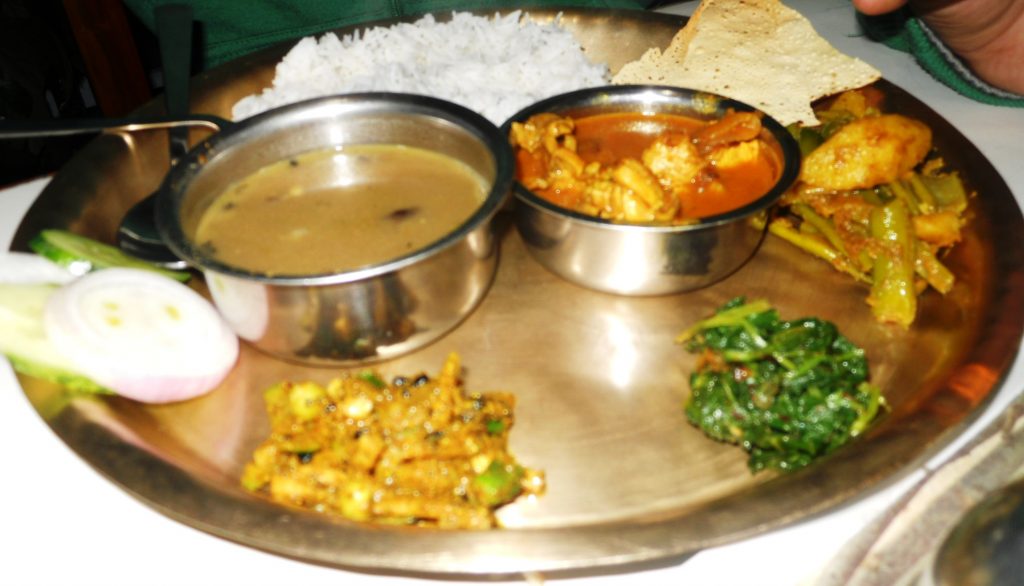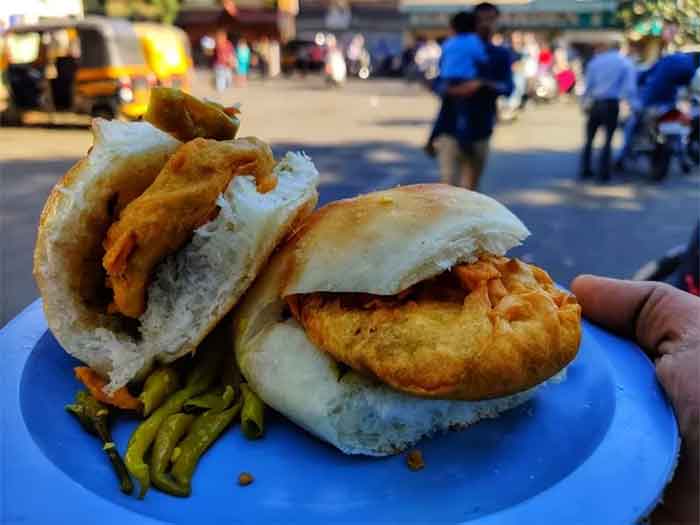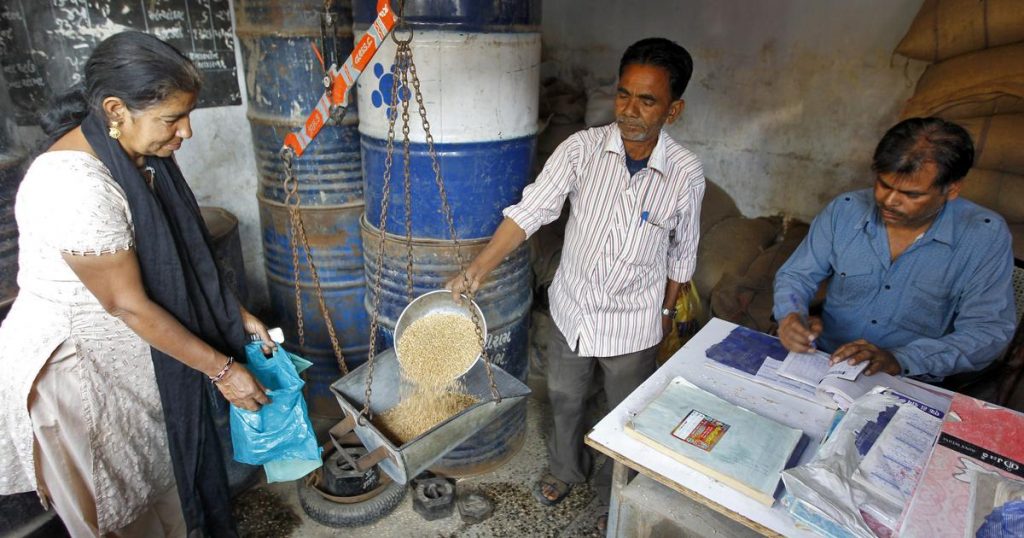
The World Food Program, World Bank, International Monetary Fund and World Trade Organization on Wednesday called for urgent, coordinated action on food security, and appealed to countries to avoid banning food or fertilizer exports.
In a joint statement, the leaders of the four institutions warned that the war in Ukraine was adding to existing pressures from the COVID-19 crisis, climate change and increased fragility and conflict, threatening millions of people worldwide.
Sharply higher prices for staples and supply shortages were fueling pressure on households, they said. The threat is greatest to the poorest countries, but vulnerability was also increasing rapidly in middle-income countries, which host the majority of the world’s poor.
The compounding crises could fuel social tensions in many of the affected countries, especially those that are already fragile or affected by conflict, they warned.
IMF Managing Director Kristalina Georgieva, World Bank President David Malpass, UN World Food Program (WFP) Executive Director David Beasley and WTO Director General Ngozi Okonjo-Iweala issued their joint statement ahead of next week’s Spring Meetings of the IMF and World Bank.
They said the rise in food prices was compounded by a dramatic increase in the cost of natural gas, a key ingredient of nitrogenous fertilizer, which could threaten food production in many countries.
“Surging fertilizer prices along with significant cuts in global supplies have important implications for food production in most countries, including major producers and exporters, who rely heavily on fertilizer imports,” they said.
In the joint statement, the four leaders called on the international community to provide emergency food supplies to vulnerable countries, boost agricultural production, and keep trade flows open.
For their part, they said they would step up their respective policy and financial support to help vulnerable countries and households and mitigate balance of payments pressures.
They urged the international community to provide grants and other funding for immediate food supplies to help the poor, and small farmers facing higher input prices.
It was important to keep trade open and avoid restrictive measures such as export bans on food or fertilizer, they said, underscoring the need to avert any restrictions on humanitarian food purchases by the World Food Program.
Skyrocketing Inflation Is Hurting Americans Daily
A report — Inflation rate hits 40-year high: Here’s why it’s happening — by USA TODAY said:
‘Inflation is skyrocketing in the United States, driving up the cost of everything from food to used cars at the fastest rate in more than 40 years. The consumer price index increased by 8.5% annually, the fastest pace since December 1981, the Labor Department said Tuesday.
‘Walter D. Greason, professor and chair of the Department of History at Macalester College in Saint Paul, Minnesota, said Russia’s war against Ukraine and the subsequent sanctions put in place have disrupted global energy markets and resulted in high prices for consumers.
‘The economic historian said investments in transportation infrastructure, especially mass transit projects, can reduce the United States’ susceptibility to fluctuations in energy costs in the future.
Professor Greason’s conversation with USA TODAY’s Editorial Board member Austin Bogues is the following (edited for clarity):
What is driving the cost increases we are experiencing?
So this is one of the more difficult topics I try to get people to understand because the world economy is so complex over the last 40 years and really gets more difficult to understand by the day and by the week. In the last six to eight weeks, the escalation of energy prices has driven the way industrialized markets and the top 20 economies in the world have had to increase prices to consumers, to compensate for delays in the supply chain.
To accelerate and expand the supply chain requires access to natural gas and access to processed petroleum. And so with the energy companies not meeting the demand and the difficulty of getting a hold of the energy supplies that we need to make the global economy run, then that is going to lead to increasing prices across all sectors.
How are soaring gas prices affecting consumers, especially in communities of color?
So folks who are working on an hourly wage – disproportionately African Americans, indigenous populations and in immigrant households – they’re all feeling the pinch when you’re going to the gas station. And every week it seems to go up at least a dime, sometimes 25 cents. That piece is then cutting into the ability to pay rent. It is cutting into the ability to save and to be able to consider purchasing your own home. It’s making life more difficult overall.
What is getting more expensive at the grocery store?
Meat and processed meat, you know, is going through the roof. It is very expensive as a unit within the grocery system. And so if you are talking particularly about beef or pork or to a lesser extent chicken, these things are all energy-intensive to produce and to distribute.
War In Ukraine Brings Dual Crisis To Global Food Supply
An abcnews.go.com report — War in Ukraine brings dual crisis to global food supply — said:
‘In southern Ukraine, far from the frontlines of the war, the planting season is set to begin. There, farmers are preparing for a crucial upcoming season, which will prove pivotal for not just Ukraine, but the global food supply in the months and years ahead, in what one farmer described as the “second frontline.”
‘The war has already ushered in a “staggering” humanitarian and economic crisis, according to Anna Bjerde, World Bank Vice President for the Europe and Central Asia region, with the Ukrainian economy expected to shrink by 45% this year. Yet the crisis could extend far beyond the country’s borders, with Ukraine’s claim to be one of the world’s “breadbaskets” now at risk.
‘The country is a top ten global exporter of a number of key agricultural products, including wheat, barley, corn, sunflower oil, soybeans and poultry, and officials and farmers warn the disruption caused by the invasion will have global consequences.’
The report said:
‘Facing the realities of a land war in the country, farmers have been forced to improvise, but time is running out, Alex Lissitsa, a leading businessman and president of the Ukrainian Agribusiness Club, told ABC News.
‘“Farmers are very, very flexible and especially the Ukrainians are also very, very flexible and adaptive,” he said. “But right now, even the Ukrainian farmers did not expect the brutality of the Russians. We did not expect actually the whole infrastructure bill will be broken here… the main question is actually about the future because I did talk to two farmers; I did talk to companies and everybody has money left for the next four or five months. But if we cannot sell our products, if we don’t have access to the export markets and the world market, it’s done.”
‘“The majority of Ukrainian farmers will become bankrupt somewhere [around] the summer,” he added.’
It said:
‘Food prices globally are already rising at the fastest rate in history, with the USDA now estimating that Americans are likely to pay between 4.5%-5.5% more for food this year.
‘An estimated 70% of Ukraine — an area larger than Italy — is used as farmland, according to USAID. Russia has been accused by Ukrainian officials of destroying grain silos and key infrastructure during their invasion, as well as laying mines on significant areas of arable land.
‘Around 70% of Ukraine’s exports are moved by Black Sea ports, in places like Odessa and Mariupol, which have now been blocked from carrying out this function due to incessant Russian shelling.
‘“It’s quite clear that their goal is to create harm in Ukraine,” Taras Vysotskyi, Ukraine’s First Deputy Minister of Agriculture, told ABC News. “The main directions of destroying actual machinery, silos, fuel storages, animal farms and blocking the possibilities to export, which means less of cash, less of money for the agricultural producers to keep working and keep planting for the next season.”
‘Products, from maize to cattle, can be held in storage for varying amounts of time, but the longer the war drags on the more likely it will be that these cannot be exported and are at risk of being wasted, he said.
‘“If the ports keep blocked, it is really a disaster for Ukraine agriculture because it has been export oriented, usually in the last decade, like 70%, 75% of all agricultural commodities have been exported, so we cannot consume them inside.”
‘Around 300 million people are fed on Ukrainian products around the world on a yearly basis, Vysotskyi said, but current capacity — the export infrastructure is only working at 10% of the usual amount of goods — are leaving the country through alternative means, he said.’
The report said:
‘Russia, too, is a major player on the global agricultural stage, and senior official Dmitry Medvedev has warned that Russia “will supply food and crops only to our friends” this month, and the country’s increasing isolation on the global stage could have similar consequences to the disaster in Ukrainian agriculture.
‘Countries in Africa and the Middle East are particularly vulnerable to the crisis. Somalia and Benin have a total dependence on imports of mostly Russian and Ukrainian wheat, and many other countries rely on them for more than half their wheat imports, according to a rapid assessment by the United Nations Conference on Trade and Development.
‘“The combination of very high prices of food and fuel and macroeconomic tightening will place severe pressure on households in developing countries: real incomes will be squeezed, and economic growth will be constrained,” the UNCTAD stated in its March assessment. “Even in the absence of disorderly moves in financial markets, developing economies will face severe constraints on growth and development.”
‘“Overall, the war is really going to damage international consumers and theirs, as well as countries where people are less rich,” Vysotskyi said. “Then of course, they will feel it more… So it wouldn’t be as a matter of price, it is just that they cannot find it physically and what to eat.”
‘Both Lissitsa and Vysotskyi said a package of international financial support is vital to alleviate the crisis.
‘“Otherwise, we will have in one year even the war zone situation, because right now we’ll be discussing about global hunger,” Lissitsa said. “But if Ukrainian farmers will go bankrupt actually in that year, then next year will be even worse situation. I think the majority of the countries, especially when it comes to Africa but also in Asia, do not understand how serious is that problem.”’
















































